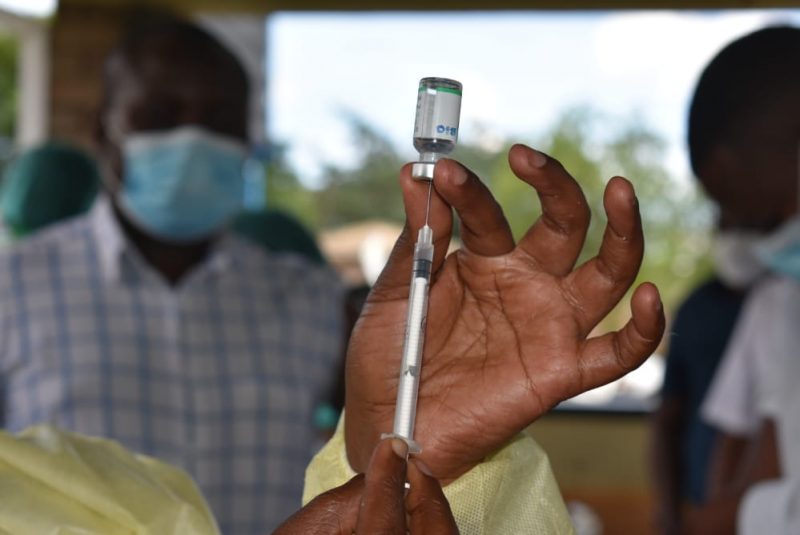The World Health Organization (WHO) also recognises vaccine hesitancy as the world's top threat to public health safety, particularly in low middle-income countries. Vaccine hesitancy could be due to a lack of knowledge, false religious beliefs or anti-vaccine misinformation. Thus, conspiracy theories about COVID-19 vaccines by some individuals and religious denominations contribute to vaccine hesitancy by some members of the apostolic church. Additionally, some apostolic groups adhere to a doctrine that demands followers to avoid medicines and medical care and instead seek healing through faith, a situation which health experts said breed fertile ground for the spread of diseases if left unchecked.
For Government to achieve the 60 percent herd immunity, there is urgent and continuous need to inspire confidence in citizens through vaccine campaigns and awareness in churches, buses, shopping centres and any fora. In light of this, the move by Government to employ Vaccine Campaigners (VC) from various churches is plausible, as it will help to encourage vaccine uptake.
Although the vaccination programme is being done on a voluntary basis, Government is continuously encouraging citizens to take the COVID-19 jabs, before the emergence of a fourth wave of infections anticipated to come around December.
The move to involve VCs from apostolic churches to address or encourage their fellow members to get vaccinated is a game changer and must be given the necessary support. The VCs and the church members speak the same language, share the same beliefs, values and norms enhancing the chances of fruitful engagement; thus ensuring the needed increase of vaccinated people as the country make strides to achieve heard immunity.
The use of VCs will certainly help in persuading the apostolic members to take the jab and do away with hesitancy especially in Africa, which had the world’s lowest vaccination rates. Zimbabwe has now fully vaccinated 15 percent of its population, which is much better than most of its peers in the region and beyond. However, reports are indicating that the numbers of those getting the jab has been declining in recent weeks, which should be a cause for concern for everyone.
To compliment other efforts to curb the spread of COVID-19, at a routine Cabinet meeting on 14 September 2019, it was resolved that all civil servants be vaccinated in line with the WHO COVID-19 protocols, leaving those who do not want to be vaccinated to choose not to report for duty instead.
In Zimbabwe, the first COVID-19 case was recorded on the March 20, 2020. Since then, the number of cases has been rising steadily although the cases have dwindled in recent months due to various interventions introduced by Government to halt the spread of the disease.
These interventions included lockdowns, which entailed the closure of most businesses negatively affecting the economic activities. The tourism sector was not spared and emerged the hardest hit as travel between countries was reduced to the barest minimum.
Government has locally mobilised adequate resources to bankroll the on-going mass vaccination programme in the country with initial focus being on border towns, since residents are at high risk as they are largely dependent on economic activities related to cross-border trade and tourism.
Targeted towns include Victoria Falls, Plumtree and Beitbridge as part of efforts to attain 60 percent herd immunity for Zimbabwe.
It is a fact that Zimbabwe has shone the light in dealing with COVID-19 administration to the rest of the continent and the world at large. The government deserves commendation on this. Anything to the contrary is driven by hatred and malice.
The message all Zimbabweans should comprehend is that vaccination is the only sure way to return to normalcy.




